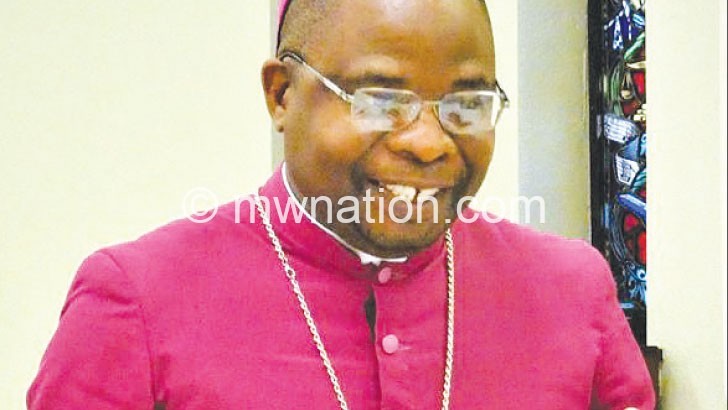When religion, science collide
When will the debate end? Well, it never will. The friction between science and religion has received as much attention as any issue would, but the world is nowhere near reaching a consensus on which one is a more reliable source of knowledge. PAIDA MPASO adds another voice to the issue.
uman beings are forever in search of knowledge to understand the world they inhabit. One of the areas over which people have not reached a consensus is which source of knowledge, between science and religion, is more reliable. The science-religion debate has been framed in such a way that the two cannot work together to enhance human understanding of life.
So, are science and religion mutually exclusive? Put differently, is there a way the two sources of knowledge can complement each other in helping people understand their world?
The central focus of the tension between science and religion are the methods the two use to generate and propagate knowledge. While science relies on reason and empiricism, religion is rooted in revelation and faith.
In the October edition of Newsweek, Dr Eben Alexander, a neurosurgeon, who said he had a heavenly encounter after being in a coma for seven days, writes of his ignorance of the afterlife.
In an article titled Proof of My Heaven, Alexander said although he considered himself a Christian, he never really immersed himself in the faith.
“I grew up in a scientific world, the son of a neurosurgeon, teaching at Harvard Medical School and other universities. I understand what happens to the brain when people are near death and I always believed there was a good scientific explanation for the heavenly out of body journeys described by those who narrowly escaped death,” he said.
According to Alexander, the experience he had in the hospital bed made him believe otherwise about life after death and God.
One of the prominent figures in the debate between science and religion is president of the Association of Secular Humanists George Thindwa.
Thindwa says humanists believe in the application of rationalist principles, reason, science and technology to the understanding of the universe and solving of human problems.
According to him, humanists try to avoid making statements that cannot be tested and verified.
“We, therefore, state that we can live good lives without religious and superstitious beliefs but on the experience we have than on beliefs about the unknown. Humanists make sense of life using reason, experience and shared common values,” he said.
Thindwa said humanists do not believe that there is another world after the current one.
“Humanism is a philosophy of life that puts people (and not God) in the centre and seeks human solutions to human problems. The life that is lived here on earth is the only one we are sure of. Let human beings themselves create meaning in their lives, alone and together with other people. Humanism offers a complete alternative to religion,” he argued.
Although Thindwa acknowledges that science has limitations and that to every scientific experiment there is a margin of error, he said science is better than religion as a source of knowledge.
“Humanists are aware that the universe is so complex that it cannot be fully understood and explained by our present state of knowledge. Humanists prefer this position than to explain the unknown by mystical explanation of creation of God. Because the creation story demands the question who created God? And the religious run away from that question,” he said.
Psychologist Dr Chiwoza Bandawe, who teaches at the College of Medicine, says science and religion can work together because there are some things for which science has failed to provide an explanation.
“There are times when patients have complained of pain and full medical examinations have been done but to no solution yet the patients is still in pain and that is how we have come to the conclusion that there are multiple explanations about life and that the best way is to simply recognise these multiple explanations and if need be embrace whichever is applicable,” said Bandawe.
Reverend Demister Mthipela of the Blantyre CCAP Synod although humans want to learn the truth about everything, it is God who has all the answers.
“Actually, science and religion can work together because God gave man the intelligence, and it is this intelligence that has made man stand out. Even if you look at the materials used in coming up with all kinds of gadgets you will see that God made all things.
“So yes, God created everything and is omnipresent. Science cannot exist on its own, it exists because God is still on His throne,” said Mthipela.





